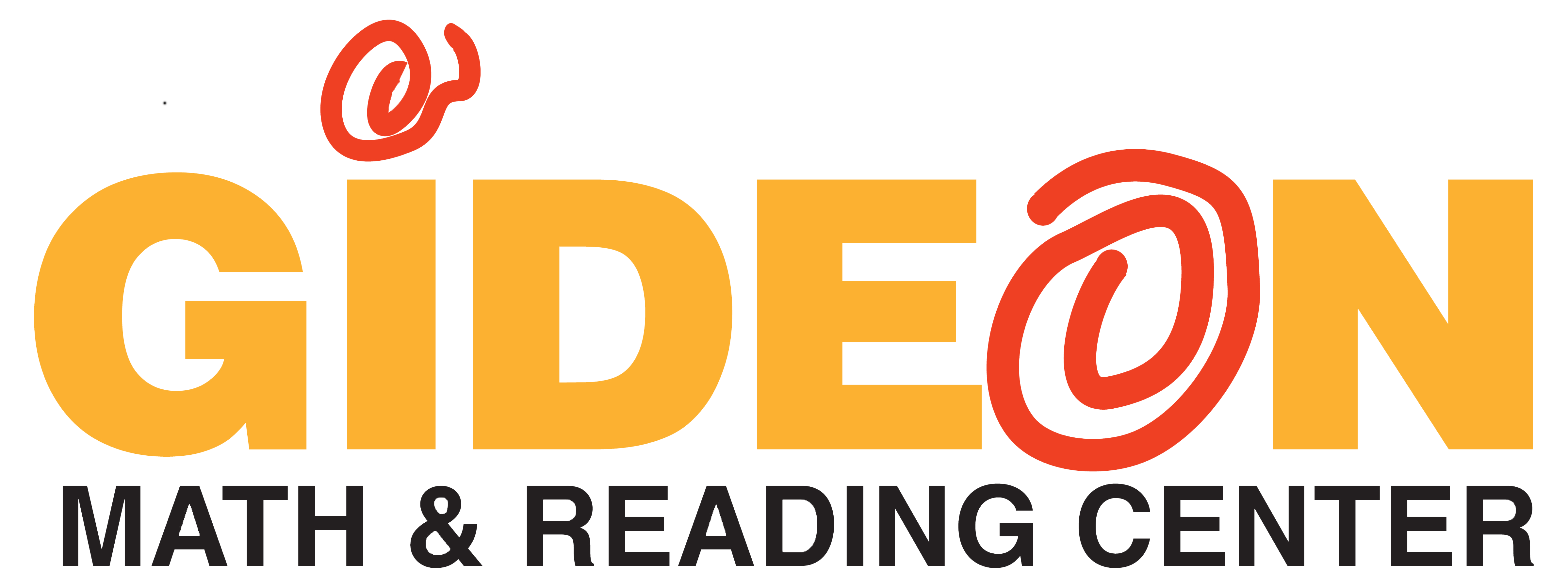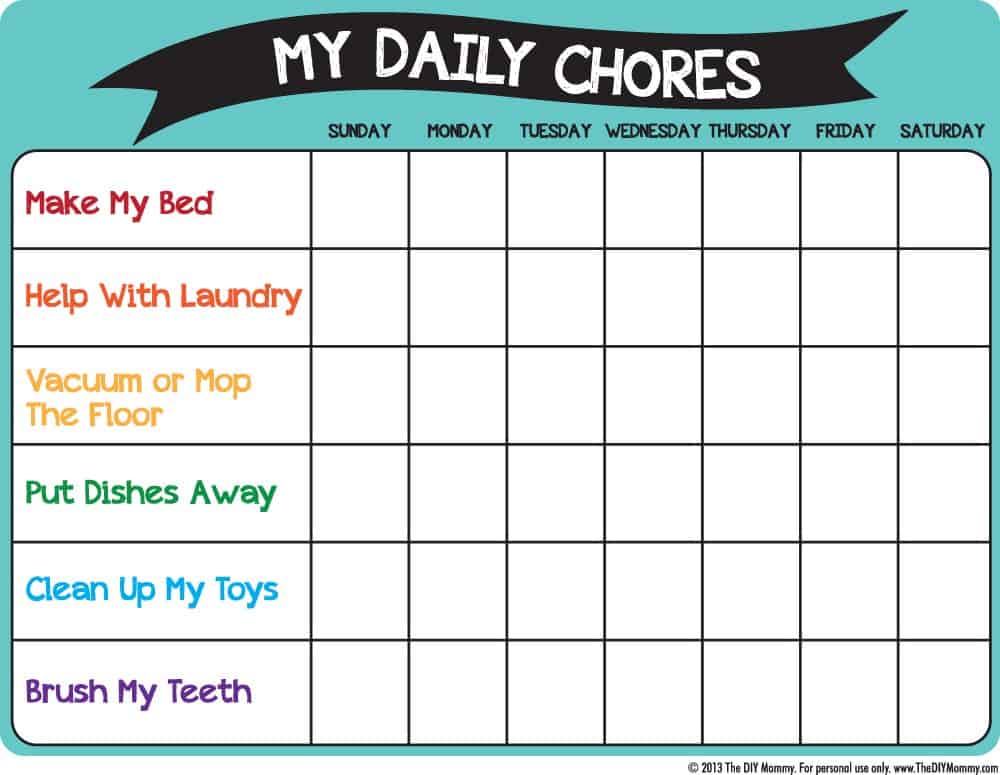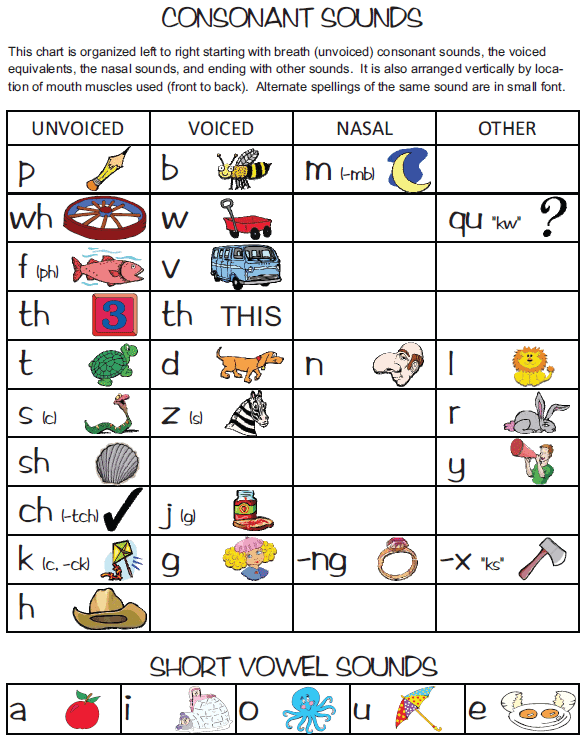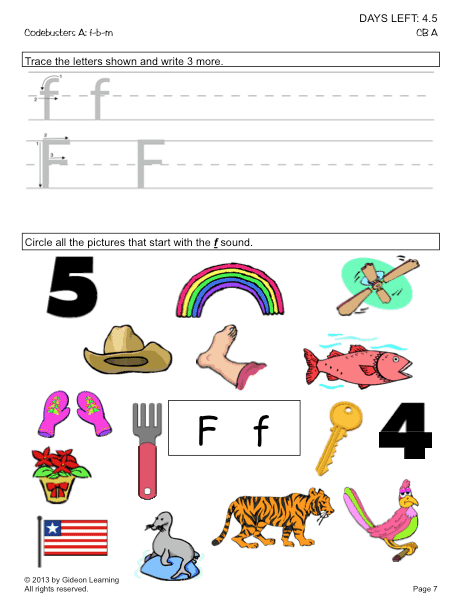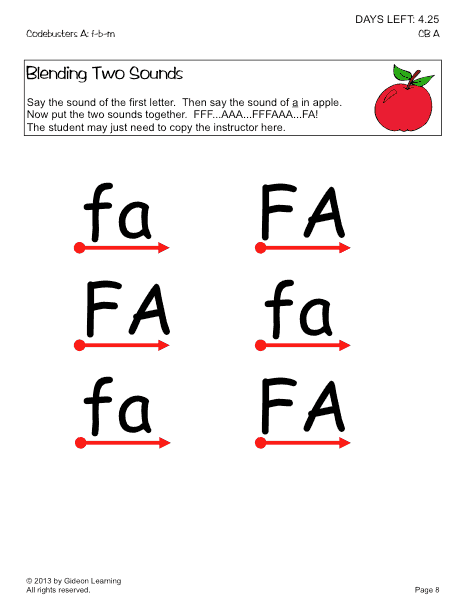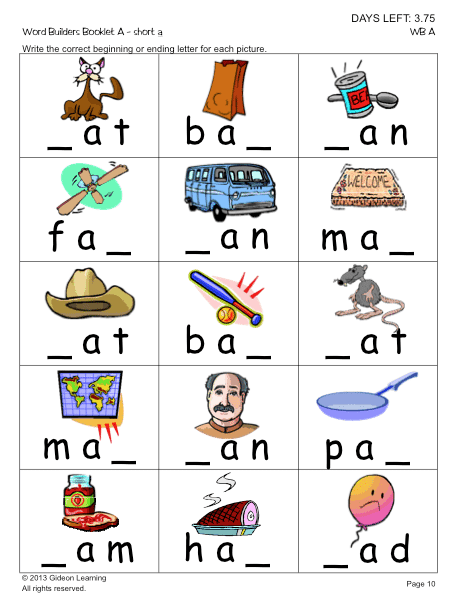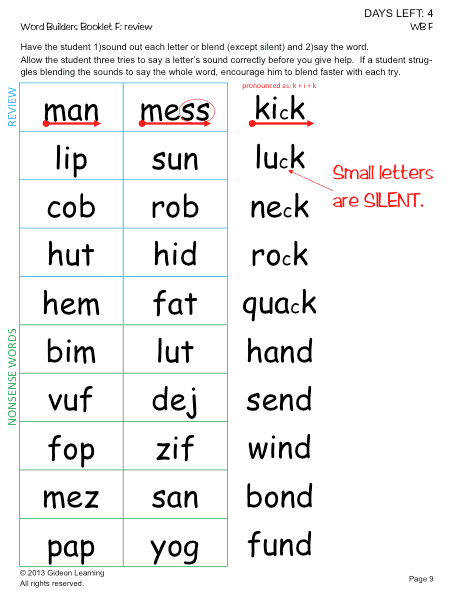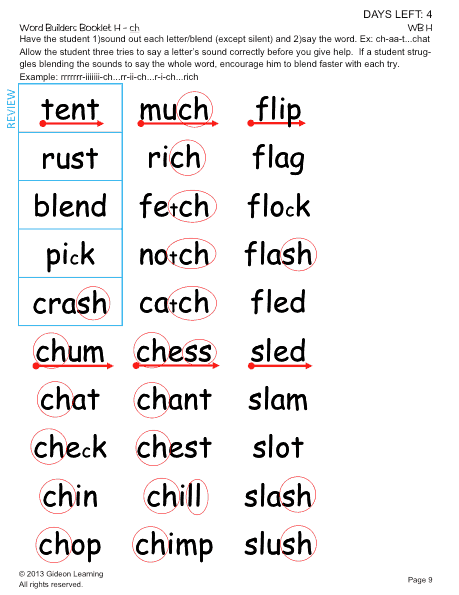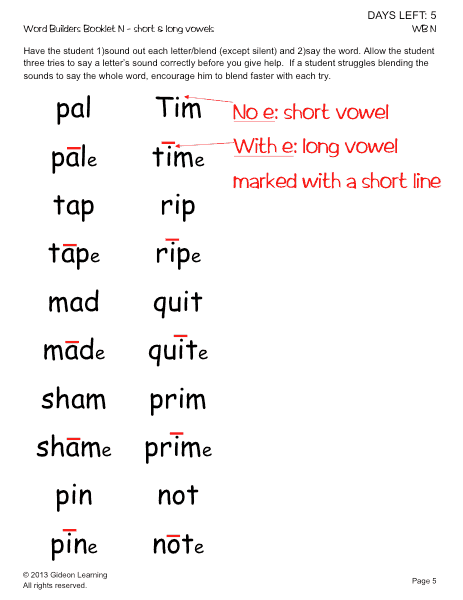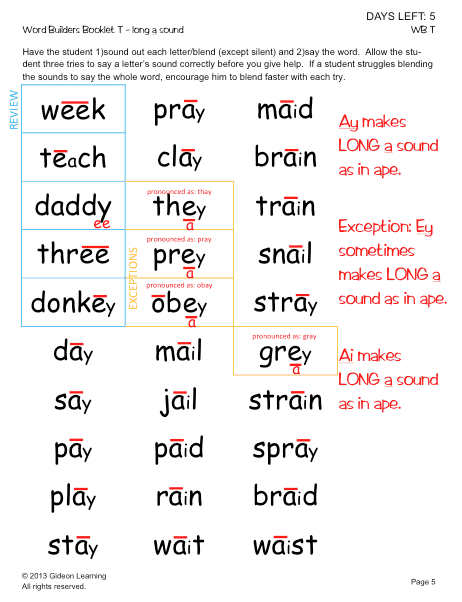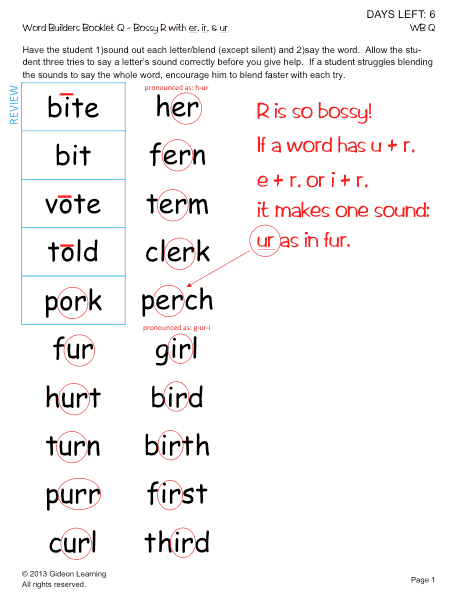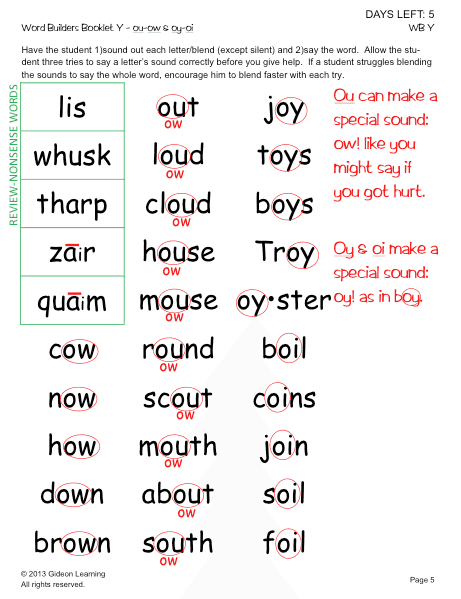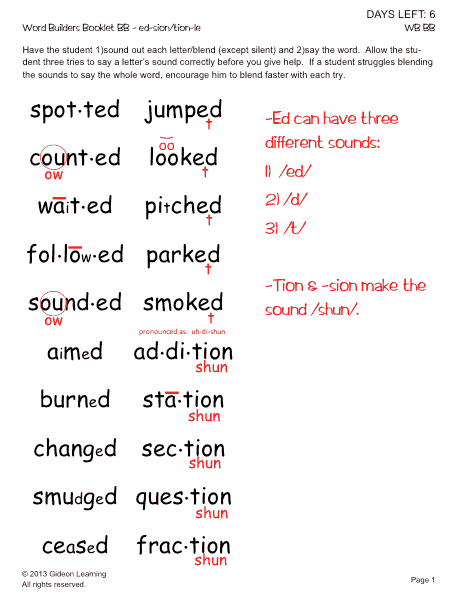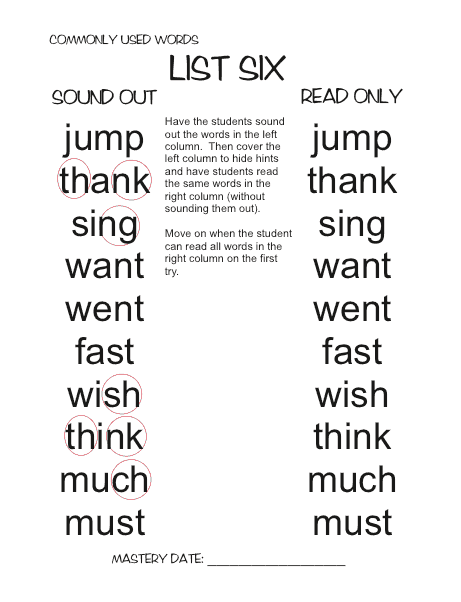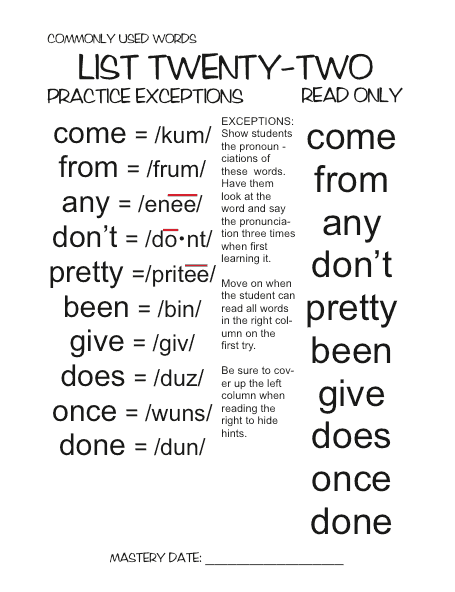Decode: to change (secret messages, documents, etc.) from a set of letters, numbers, symbols, etc., you cannot understand into words you can understand
If you cannot read a language, even one you speak already, all written text is a secret message. Text is useless to us unless we can decode and understand it. How can your superhero understand his mission to make his bed and take out the trash if he cannot decode the mysterious chore chart?!
However, once you learn to decode those symbols, suddenly the world opens up. Those chores can be conquered and allowances can be seized. But how do we decode a language? Using our special superhero decoder ring: PHONICS!
Phonics: the ability to identify that there is a relationship between the individual sounds (phonemes) of the spoken language and the letters (graphemes) of the written language.
This means understanding that the letter P has a /p/ sound and when SH is together as in SHACK, it makes an /sh/ sound instead of /s/ + /h/. (English is tricky like that.)
Studies have shown that phonics based instruction is the most effective way to teach learning to read.
Students who know how to sound words out well have better fluency, spelling skills, and comprehension as they are not bogged down by the components of the words and sentences. Similar to math, solving an algebra equation such as: 3(x + 4) – 5 = 25 is difficult if you are cannot add 25 & 5 or divide by 3 quickly. Those basic skills are needed to decode this equation for X.
Once phonics skills are mastered, students will be able to decipher words encountered in reading and spell the various words they wish to write. When students are focusing less on decoding, they can spend more attention on making meaning from the print they are reading.
From the National Reading Panel:
The meta-analysis revealed that systematic phonics instruction produces significant benefits for students in kindergarten through 6th grade and for children having difficulty learning to read. The ability to read and spell words was enhanced in kindergartners who received systematic beginning phonics instruction. First graders who were taught phonics systematically were better able to decode and spell, and they showed significant improvement in their ability to comprehend text. Older children receiving phonics instruction were better able to decode and spell words and to read text orally, but their comprehension of text was not significantly improved.
Since Gideon is in the business of creating superhero readers, our learning to read program has all the components of a solid, systematic phonics instruction for superhero decoding skills which include:
a) knowing the sound for each letter / b) blending: 2-letter sounds together
c) blending: 3-letter sounds together
d) Phoneme Segmentation for all booklets: spelling the word by saying it out loud to hear the sounds
e) Consonant blends such as: ‘bl’, ‘sp’, ‘tr’, ‘nd’, ‘nk’
f) Consonant digraphs such as: ‘ch’, ‘sh’, ‘th’ / g) Long and short vowels
h) Vowel digraphs such as: ‘ai’, ‘ee’, ‘ow’ / i) R-controlled vowels such as: ‘ar’, ‘ir’, ‘ur’
j) Diphthongs such as : oi, ou / k) Advanced spelling patterns: ‘-tion’, -‘le’
Gideon also has easy comprehension storybooks to go along with all our 30 Word Builders – phonics level booklets. These are read in class and sent home to be read again and again (when your superhero has some free time away from cleaning her room). They are a review of the previous sounds already taught. We intersperse our phonics level with more in-depth comprehension booklets called Ready Readers which also review previous sounds and words learned in the midst of longer passages and exercises.
Can’t make it to a Gideon Math and Reading center? Another great phonics program is Teach Your Child to Read in 100 Easy Lessons. And what about sight words?! Superhero readers cannot be deficient in any aspect! What does this cryptic message mean?! Hint: that’s not a long o.
Did you know that most of the Dolch High Frequency/Sight Word list can be pronounced phonetically? Phonics is still the best starting point. However, many English words are exceptions with irregular spelling and pronunciation such as ONE which is /wuhn/. Gideon introduces some of these high frequency words with their phonetic spelling AFTER solid phonetic skills are mastered, and we recommend you do the same.
Follow a systematic phonics instruction system, and you’ll have a superhero reader in no time!
